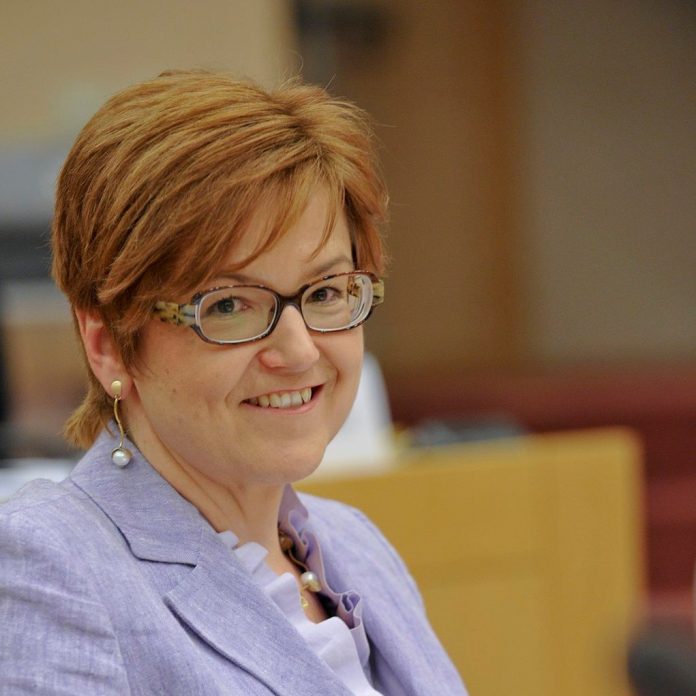The European Parliament adopted on Tuesday, April 16 its negotiating position at first reading on the reform of the European Anti-Fraud Office (OLAF).
“We have reached an important milestone on our way towards a stronger anti-fraud policy at EU level”, said Ingeborg Grässle MEP, Chairwoman of the Budgetary Control Committee, who authored the Report.
“We reached a consensus in committee between the political groups on a lot of issues. We all want to make OLAF stronger by improving the efficiency and the legal soundness of its investigations, which will lead to an overall more effective office. We want the Member States’ authorities to make more and better use of the outcome of OLAF’s investigations,” she added.
Parliament’s key demand is to strengthen the procedural rights of persons concerned by investigations: “We want to give the people concerned the right to access OLAF’s final report, and to bring a lawsuit against that report if they consider that their rights have been violated during an investigation. This would close a big loophole in the current legislation”, Grässle explained.
“Now the Council, which, after months of internal deliberations has yet to come up with a common position, needs to deliver. The new Parliament will stand ready to negotiate after the European elections”, said Grässle.
The revision of the OLAF Regulation was made necessary with the creation of the European Public Prosecutor’s Office (EPPO) which is scheduled to be operational by the end of 2020. The EPPO will partly take over OLAF’s tasks, which makes certain changes to OLAF’s legal basis necessary. Besides enhancing the provisions on the cooperation between OLAF and the EPPO, Parliament supports streamlining the rules on how to conduct investigations, strengthening the rights of the OLAF Supervisory Committee, and promoting the admissibility of OLAF reports in national judicial proceedings.

